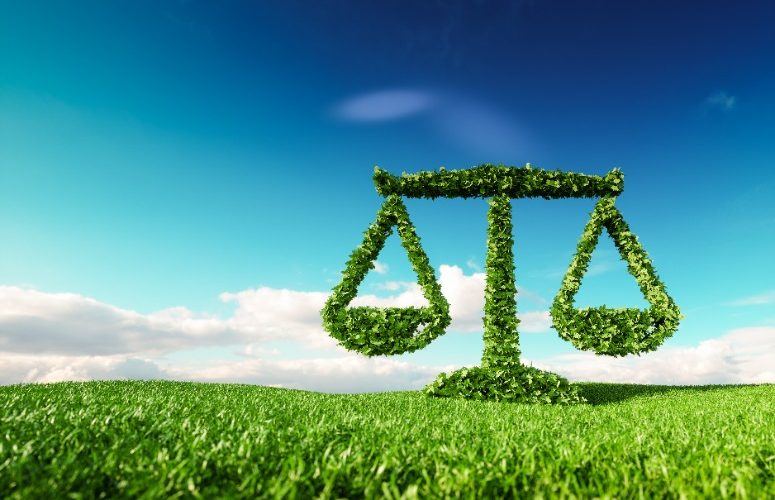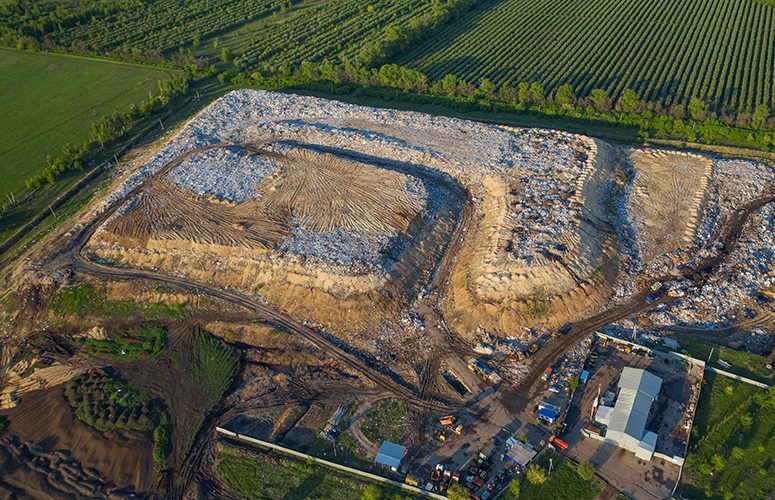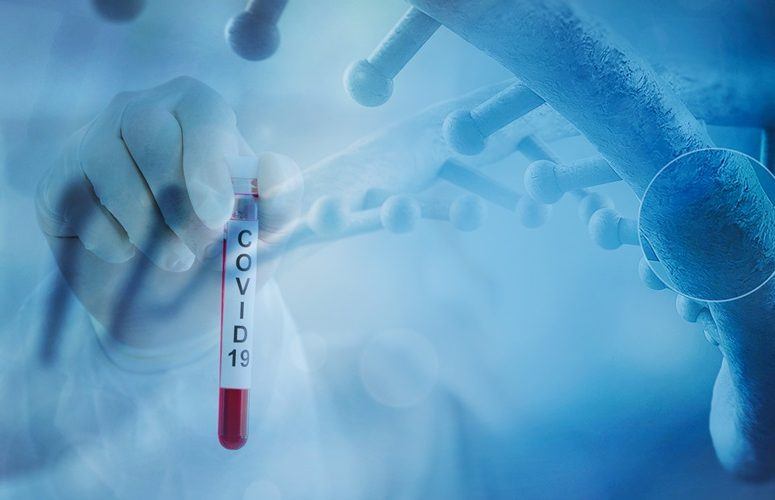
NJ Enacts Strongest Environmental Justice Legislation in Nation
By Jim Pytell, Assistant Editor On Sep 18, 2020Gov. Phil Murphy signed legislation today that requires the New Jersey Department of Environmental Protection (DEP) to evaluate the environmental and public health impacts of certain facilities on overburdened communities when reviewing certain permit applications.
The legislation requires mandatory permit denials if an environmental justice analysis determines a new facility will have a disproportionately negative impact on overburdened communities.
Ray Cantor, vice president of government affairs at the New Jersey Business & Industry Association (NJBIA) commented, “While NJBIA did not support the legislation in the form it was enacted, we are hopeful that our concerns will be addressed in the regulatory process and we look forward to working with the DEP in ensuring that overburdened communities are protected while enabling businesses to grow and locate in our urbanized and industrial areas.”
New Jersey is the first state in the nation to implement such a measure, with Murphy describing it as, “the strongest environmental justice measure in the entire country.”
“No longer will disadvantaged areas of our state be dumping grounds,” he said.
The bill defines an overburdened community as: any community where 35% of the households qualify as low-income according to the U.S. Census; 40% of households are minority; or 40% of households have limited English proficiency. There are approximately 310 municipalities with populations totaling approximately 4.5 million that have overburdened communities within their municipalities.
Facilities that would require DEP evaluation on overburdened communities include:
- Major sources of air pollution (i.e., gas fired power plants and cogeneration facilities);
- Resource recovery facilities or incinerators; sludge processing facilities;
- Sewage treatment plants with a capacity of more than 50 million gallons per day;
- Transfer stations or solid waste facilities;
- Recycling facilities that receive at least 100 tons of recyclable material per day;
- Scrap metal facilities;
- Landfills; or
- Medical waste incinerators, except those attendant to hospitals and universities.
Murphy said that the environmental justice legislation, along with yesterday’s announcement of a millionaires tax, are about “New Jersey’s future and investing in a shared vision where everyone and every community had equal access to opportunity.”
“These are both critical parts of the stronger and fairer New Jersey that we need to be,” he said.
To access more business news, visit NJB News Now.
Related Articles:





